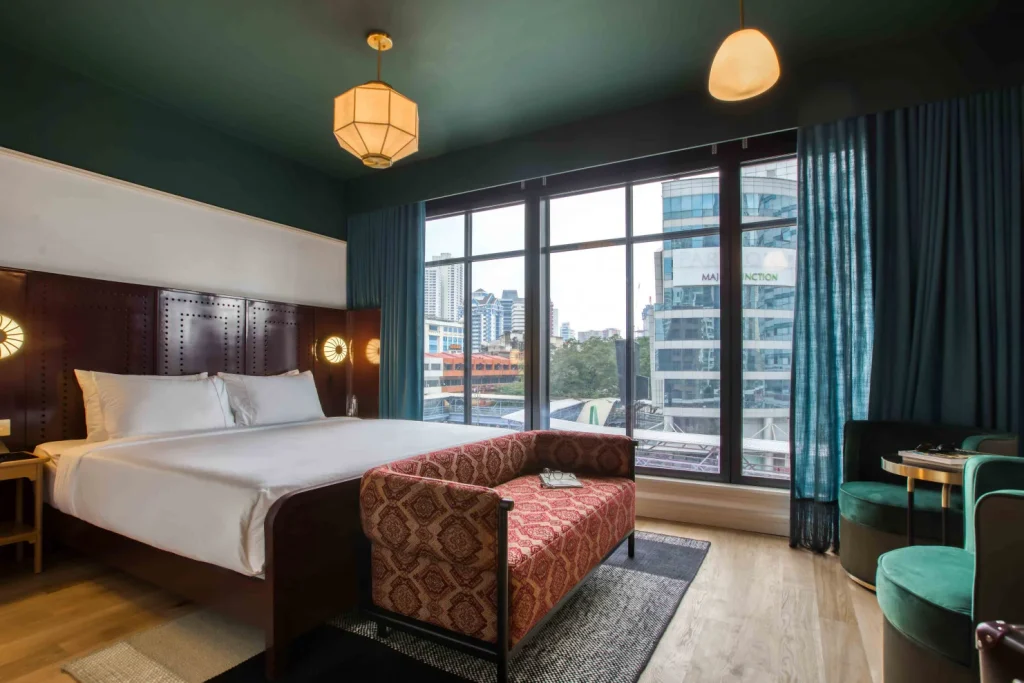Get a long stay holiday quote today!
Long stay hotels


Affordable hotels with monthly rates
Rethinking hotel spaces with long stay accommodation
Long stays have become one of the biggest trends in hospitality during the last two years. In their Report on Travel & Living, Airbnb mentions the share of long stays (reservations longer than 28 nights) increased from 14% in 2019 to 24% in 2021. Companies like Sonder built their entire post-covid business strategy around extended stays. The Social Hub has closed a massive €300M funding round to expand its concept, blurring lines between hotel and student accommodation around Europe. And of course, we at Mews have been betting on long stays with our development.
Early in 2021, we described our vision for a hybrid model of hospitality, offering various services in various time frames, all of them supported by a single system. What have we learned about the long stay vertical since then? Let us share it with you.
The value and the resilience of long stay business
Cancellation rate data
First, we looked at the resilience of long stay business and compared cancellation rates for stays of 1-7 days with those longer than 27 days in countries recently impacted by strict covid measures. Specially, this data covers Austria, the Netherlands, and Germany in 2021 between July 1 and the end of the year. Measures such as closed non-essential shops, restaurants and bars were introduced in the second half of November 2021 in these countries.
The cancellation rate shown below is calculated as reservations cancelled/reservations created in each week. The first graph shows long stay reservations, the second shows short stays.
What does the chart tell us? Guests booking stays longer than 27 days are much less likely to let Covid measures change their decision to travel. These people are very often relocating for business or studies and once they book their stay, it’s likely that they will actually arrive. For short term stays, the cancellation rate in these countries is currently three times higher. Put plainly, people will cancel their weekend trip to Amsterdam because of Covid measures, but they won’t cancel their job or university studies.
Find Best Long Stay Hotel Deals
Stay Longer, Pay Less - Compare Exclusive Discounts With Hotels - You Pay Less The Longer You Stay For 7+ Nights

Copyright © 2024 Longstayz.